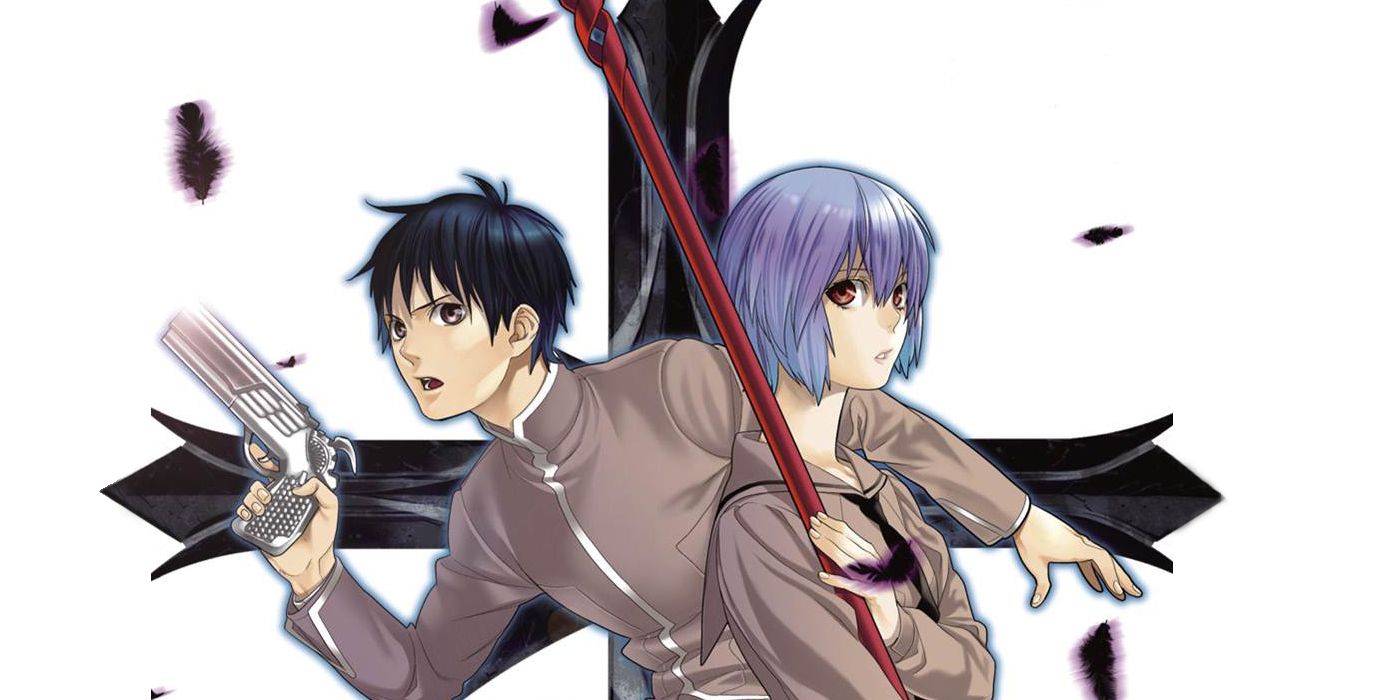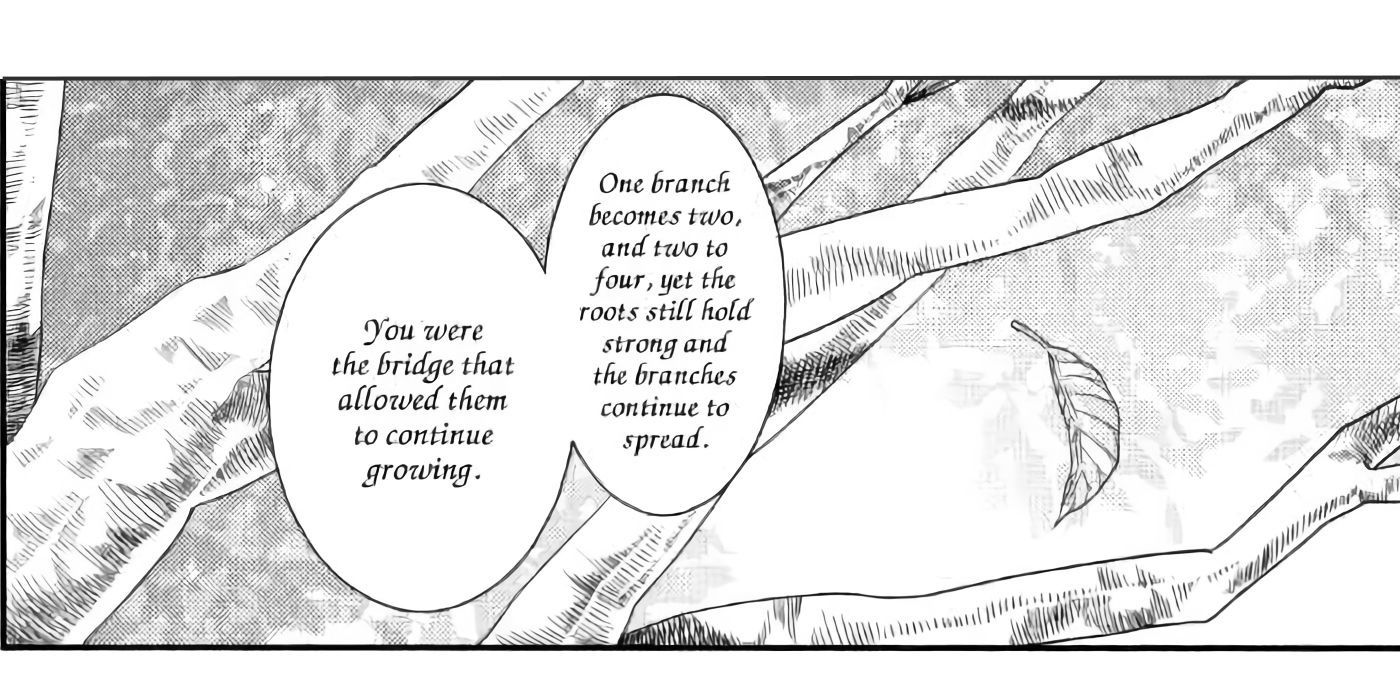
Neon Genesis Evangelion is a classic of anime and manga, and as such it's had a wide variety of spin-offs and adaptations, casting familiar EVA characters in new worlds and new conflicts. They're often so different from each other that it's hard to even recognize them as the same story, but at least one of these manga claims that all these stories are just a part of one big Evangelion multiverse.
One of the more unusual adaptations is Neon Genesis Evangelion: Campus Apocalypse, written and illustrated by Ming Ming and first released in English in 2010, which amps up the Christian overtones of the story by changing the setting to that of a Catholic high school. Many of Evangelion's angels take on human forms in this series, providing them with some characterization that's absent from nearly all other adaptations. Familiar elements like AT fields and Evas are present, but since Campus Apocalypse has such a wildly different story, they're often not used in the same way, with the Evas manifesting as handheld weapons. There are also plenty of new pieces of the puzzle thrown in, with the most interesting being the World Tree, Yggdrasil.
Drawn straight from Norse mythology, Yggdrasil is a way of describing the multiverse, with different dimensions and timelines branching off from one another like the roots, leaves, and branches of a tree. It's revealed that the Angels are beings that exist outside of reality, for the express purpose of supporting Yggdrasil and keeping the multiverse from collapsing in on itself. Their incursions into the reality of humans are borne of a desire to escape this existence, but the Angels aren't the only ones who are hopping the barriers of reality, and that's a problem for everyone. Rather than being an alternate continuity, all Evangelion works coexist in this world tree together.

The idea of a multiverse has been hinted at in other Evangelion works, but never so clearly defined as it is in Campus Apocalypse. In the Rebuild of Evangelion films, for example, Kaworu is shown awakening on the Moon, stepping out of a coffin-like device before musing that he's eager to "meet Shinji again." There are several already opened coffins before him, and several more unopened ones after, which all come together to imply that Kaworu remembers other iterations of the Evangelion story. This also offers an explanation for Kaworu's instantaneous and unwavering devotion to Shinji--he's lived through these other timelines and still has all the feelings towards Shinji from those worlds. Creator of the original Evangelion series, Hideaki Anno, has even said that "Evangelion is a story that repeats," and the Japanese title for the final Rebuild of Evangelion film includes the repeat symbol used in music, which indicates returning to the beginning and starting over.
A multiverse is the best option for a story like this, allowing each incarnation to exist simultaneously, as the timeless beings known as Angels attempt to interfere again and again. As the latest cycle of Neon Genesis Evangelion draws to a close, Campus Apocalypse assures fans that everything they've seen is still out there somewhere, just another branch on the ever-growing World Tree.
from ScreenRant - Feed https://ift.tt/3fpRzuN
via IFTTT







0 comments:
Post a Comment